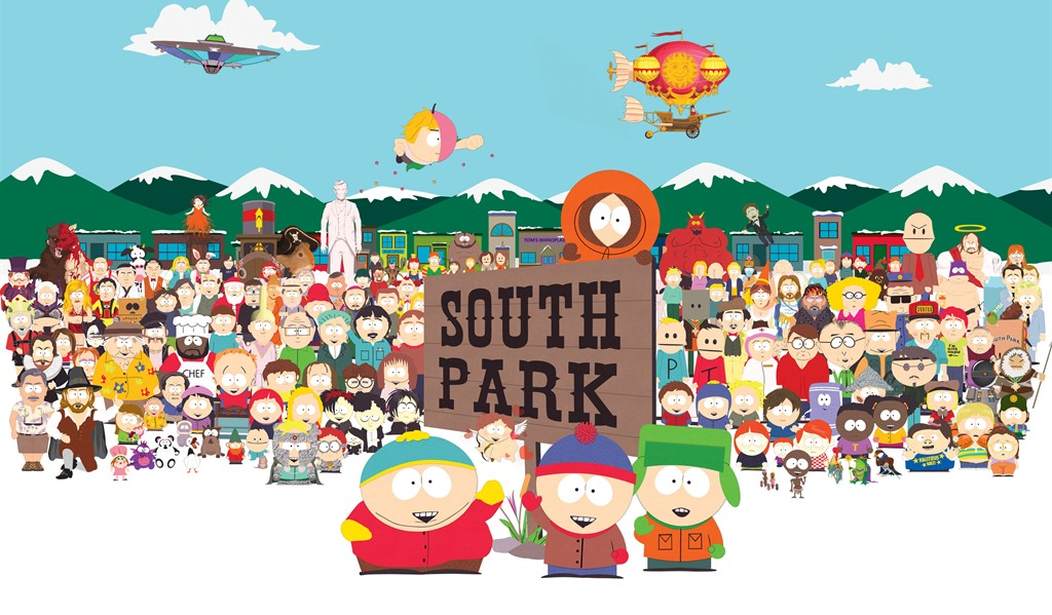A recent article in Vulture, one of the web’s top pop-culture sites, posed a question I never expected to be asked: “How Funny Does Comedy Need to Be?” The article goes on to define the “post-comedy” movement which eschews the traditional comedic goal of laughter.
Due in part to the post-comedy trend, not only is the very definition of comedy being challenged, so is the mere existence of comedy that does not acquiesce to the mold conceived by online tastemakers. Conservative comedian Steven Crowder has recently been receiving calls for de-platforming due to his use of offensive and profane humor. Popular comedy podcast Legion of Skanks was forced to relocate its recording location after receiving countless threats about a controversial episode—before the episode was even recorded.
Eliminating offensive comedy has a significance beyond a loss of jokes. Comedy is a survival mechanism—a way to persevere through difficult times. Comedy thrived during the Great Depression, and Holocaust survivors have credited humor with giving them the ability to endure unspeakable evil. Comedy has not only a psychological effect on us, but even a physiological one.
There are many who might say they are fans of comedy, but can’t support offensive comedy. I understand the desire to live in a society where no one is ever made uncomfortable. But as with all attempts to create utopia, trying to weed out offensive material will do far more harm than good. In an effort to crack down on what it deems to be hate speech posted on its website, YouTube has also been deleting educational and historical videos on Nazism. This isn’t merely a flaw in YouTube’s processes—it is simply impossible to create an objective standard for offensive speech.
Recommended
In Fahrenheit 451, a novel published in 1953, Ray Bradbury described a world in which books were banned to keep people from getting upset by the ideas in them. One character explains to the other where this idea of book burning originated: “It didn’t come from the government down. There was no dictum, no declaration, no censorship, to start with.” Instead, the population of the country voluntarily accepted restrictions on permissible speech. They valued oblivious harmony over informed debate.
Today, the ability of a “social media mob” to thoroughly destroy someone’s career and reputation renders private attacks on speech nearly as dangerous as government censorship. When people are banned from speaking publicly, we miss out on new ideas, and we lose the ability to debate bad ideas. We thus stagnate into the status quo of whatever is considered acceptable at the time. Whether the fear of speaking out stems from government censorship or actions from private citizens, the stagnation occurs all the same. Like them or not, it is those who have been willing to step outside the bounds of acceptable language who have been able to push important conversations into new territory.
Lenny Bruce is the modern forefather of offensive comedy. In 1964, he was arrested while performing on stage. His crime—speaking obscenities, most of which would be considered routine in today’s comedy. Bruce was one of the first modern performers to openly discuss drugs, race and religion on stage. In many ways, his work helped our entire society become more comfortable with talking about issues that otherwise would have been kept private and suppressed.
George Carlin famously took Bruce’s act to the next level, with his “Seven Dirty Words.” At the time, many saw this as a comedian simply being offensive for the sake of being offensive. It would have been easy to say that Carlin shouldn’t be allowed to say those words on stage—what purpose did they serve other than to make people feel uncomfortable? But what Carlin did was show us that these words could be uttered—over and over again—without the world ending.
Richard Pryor, performing around the same time as Carlin, similarly sought to take power out of words. Pryor was never afraid to make people feel uncomfortable, and no topic or word was off-limits for him. To many white Americans, he was their window into the experience of a black man. Through his anger and offensiveness, the rest of the country was familiarized with a world they otherwise never would have known.
The Comedy Central show South Park has been one of the last major bastions of unapologetic offensiveness. Over its 22 seasons, South Park has mocked every race, religion, and celebrity imaginable. It has thus been criticized by members of just about every group, as well. This cartoon about potty-mouthed fourth-graders is now seen as one of the fairest and most honest assessments of our political culture. The show’s non-partisan willingness to tackle all taboos gives it a unique position in the current comedy landscape.
We could live in fear of certain words, keep them in our minds, but never speak them, and tiptoe around their use. Or, we can treat them for what they are—words. Words have meaning, to be sure. Words can express a feeling or convey a message, but, ultimately, they are sounds. We can empower negative words, allowing them to harm us, to affect our mental state. Or, we can laugh at them. We have the power to determine how words affect us. The song “Yankee Doodle” was originally used derisively by the British to mock American soldiers during the Revolutionary War. How did the Americans respond? They adopted the song as their own, and now it’s one of our most cherished anthems.
Those calling for the removal of offensive material today almost certainly believe that they are acting in the best interests of society. But society needs examination; it needs debate beyond the narrow window of ideas permitted by those with influence. In a post-comedy world, we lose not only laughter, but growth.

























Join the conversation as a VIP Member